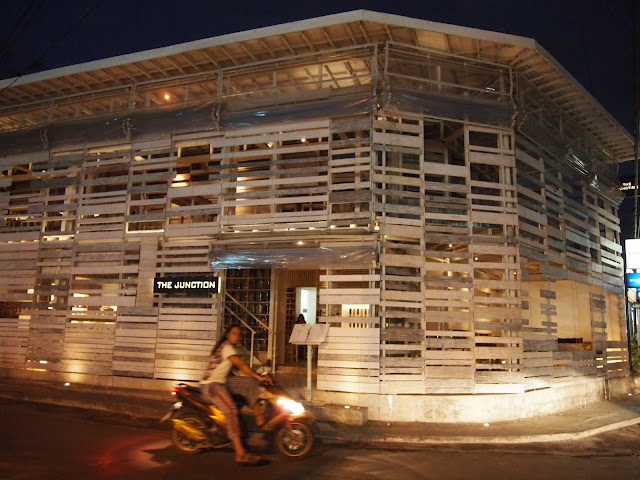 |
| Photo credit: AP Images/Bebeto Matthews |
It disgusts me not because I'm a luxury snob whose favourite pastime is labeling people who buy and use designer knockoffs as cheap. It disgusts me because these people are actually supporting a vice business of piracy that isn't as simple and harmless as buying a couple of fake designer bags.
People know where to get their fake LVs and Chanels. People also know what's "AA Grade" of counterfeits but what many don't know, however, is where these fake knockoffs come from and how some of these fake stuff have destroyed lives.
With real designer goods, you know they are made in workshops manned by skilled craftsmen or produced in proper factories where staff are paid a decent acceptable wage. Counterfeits, on the other hand, are very often a result of child labour exploitation operated by organized pirate groups.
Dana Thomas, author of the book Deluxe: How Luxury Lost Its Luster, launched an investigation that unveils the dark and sordid underbelly of the counterfeit trade.
"It is estimated that up to 7 percent of our annual world trade — $600 billion worth — is counterfeit or pirated; that fakes are believed to be directly responsible for the loss of more than 750,000 American jobs; that everything from baby formula to medicine is counterfeited, with tragic results; that counterfeiters and the crime syndicates they work with deal in human trafficking, child labor, and gang warfare; and that counterfeiting is used to launder money, and the money has been linked to truly sinister deeds such as terrorism."
And the more disturbing and heartbreaking fact is found in an excerpt of the book.
"I remember walking into an assembly plant in Thailand a couple of years ago and seeing six or seven little children, all under 10 years old, sitting on the floor assembling counterfeit leather handbags,' an investigator told me... 'The owners had broken the children's legs and tied the lower leg to the thigh so the bones wouldn't mend. [They] did it because the children said they wanted to go outside and play."
The report is ghastly to say the least. Clearly, these are things a lot of fake goods supporters don't know, or so I hope at least. The whole condemnation of fake designer goods is clearly more than a couple of rich snobs slamming fake goods supporters or luxury companies protecting their market share and intellectual properties. By buying designer knockoffs, you're inherently supporting a vicious trade of human exploitation.
Now, would you still want to call me a snob for despising fake luxury goods? I really hope not.
Read more here





























































